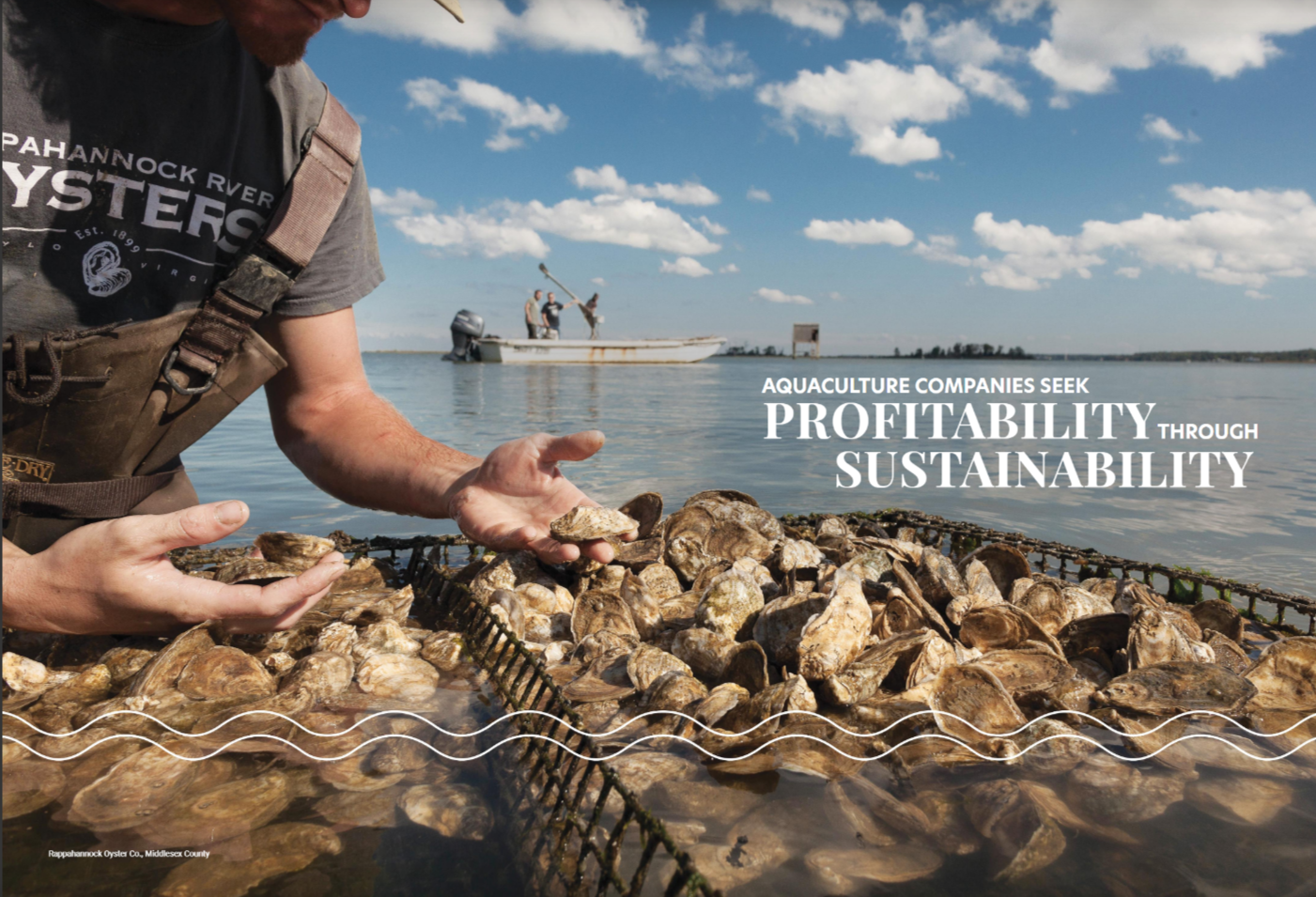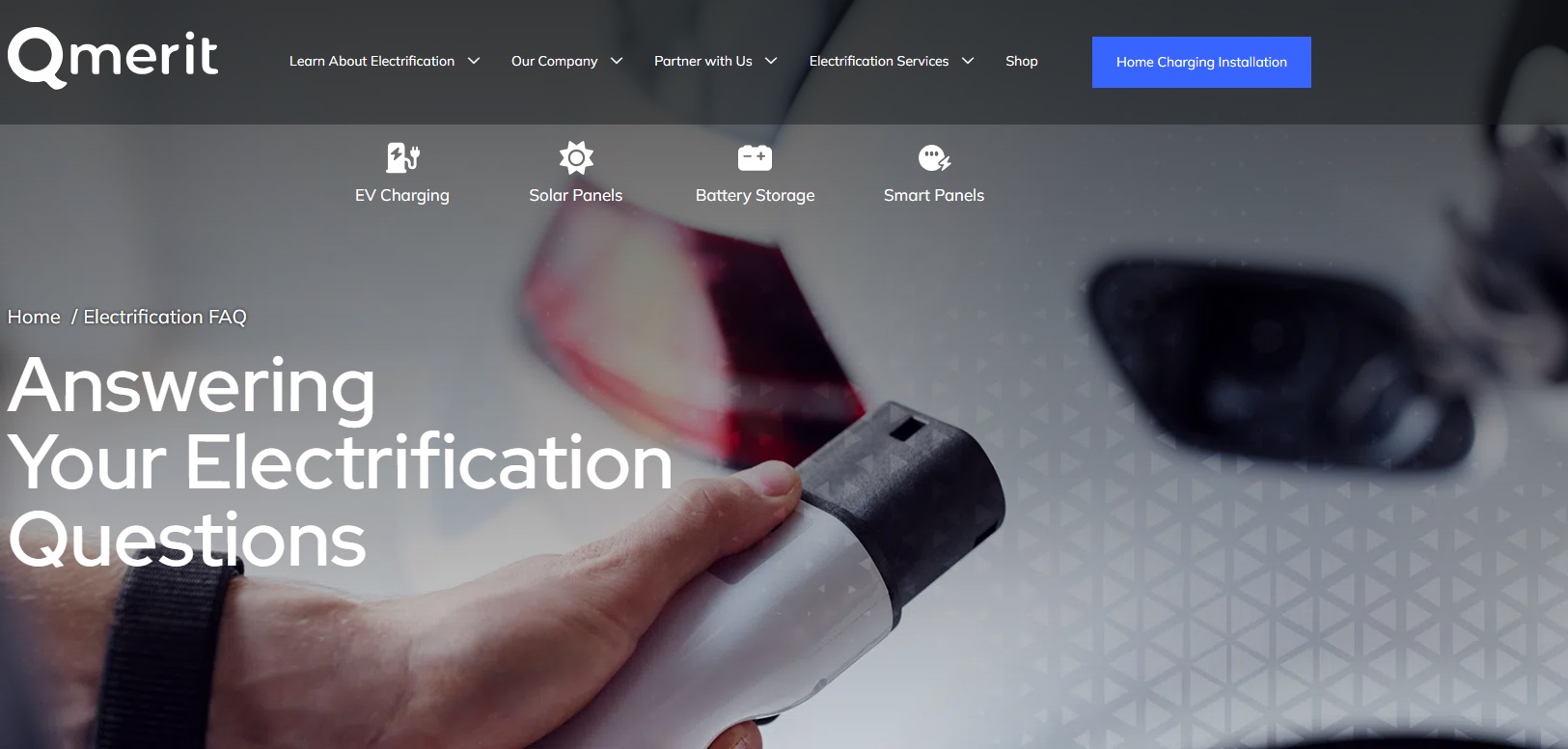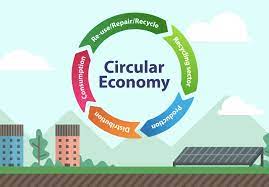Freelance Technical Writer
I've been in this game for a long, LONG time. I started as a freelance technical writer back in the late 1980s, way before website content, even before Windows Office. Word processors were still single-purpose machines with big heavy display monitors, and a keyboard snaking out from the screen by a curly cable like a old-style telephone cord. But that setup was generally reserved for newspaper production. Expensive products like cars had a technical manual printed as a book or pamphlet. Less expensive equipment, and the new computer industry, provided their tech manuals in 3 ring binders with typewritten pages. If you needed to update the manual, it was a simple procedure. Open up the 3 ring binder, take out the obsolete pages, put in the new typewritten material. Done.
Oh, how times have changed.
Fast forward a few decades, and now everyone carries a computer in their pocket. Files are created with personal computers which might be hardly bigger than a notebook, and distributed via wifi, phone lines, thumb drives or cloud servers. The latest and greatest in the technical writing world are the XML publishing platforms, which allow writers to seamlessly weave new information into existing documentation, and allow publishers to control which audience can read which section. These XML-based tech manuals are also handy for users, because users can jump around and read just the section(s) they're interested in. If all else fails, they can search the entire document with a single keyword and go right to the section they want. These manuals can also embed short videos to demonstrate moving processes. Quite a bit of advancement compared to 3 ring binders.
While the format and presentation methods may have changed dramatically in the last 30 years, the part which hasn't changed is the quality of the content. Technical writing, at the end of the day, must still successfully communicate complicated information to a wide variety of readers. And it must often do so under difficult circumstances, for instance when a driver is in trouble away from home, or a pilot is experiencing performance issues in the air, or some other user is under duress in some way. In that moment, a technical manual must present clear, concise, well organized information. No platform in the world can take the place of a well qualified writer.
When shopping for a technical writer, how do you know that you've found a good one? One very good indicator is training. How did the tech writer come to be a tech writer? Does he or she have solid STEM education and/or training, such that he or she understands the theories and concepts behind the equipment? Another indicator is experience. How long has the candidate been a writer, what sorts of documentation products has he/she created, and who has he or she worked for? A third indicator is whether the writer is actively improving that skillset, with new classes, workshops, conferences, and professional affiliations.
At the end of the day, technical writers have as much variability amongst them as any other group of people. There are some folks in the group who are stellar examples of their profession, a few who really need to be working on something else, and many in between. If you as an employer are searching for a high quality technical writer, ask questions. Lots of questions. Do they have experience in your field? Do they have experience with the style of documentation you need to produce? What sorts of training have they had, recently, to adhere to current best practices? A solid technical writer will be thrilled to share examples of their work, records of their training, and talk shop with anyone who will listen. Be ready to have your ear talked off. Granted, some writers aren't very gabby. They just want to do their job and be done. If their portfolio is full of solid examples similar to the work you need done, that's strong evidence you have the right person. On the other hand, if the tech writing candidate don't show such enthusiasm, and doesn't have a portfolio full of good examples, and doesn't have the training, keep looking.
High quality technical writers, like any other artisans, take assignments in part for the payment and in part for love of the work. If you need to hire a technical writer, whether for staff or for freelancing, look for evidence of that dedication. If they're a good candidate, they'll go the mile to provide that evidence.








